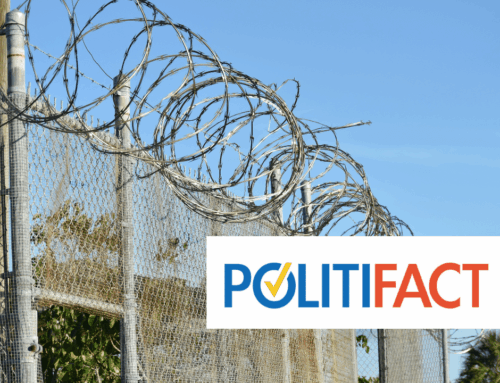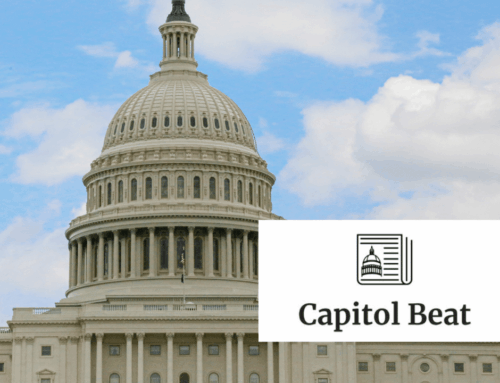As the deadline for a possible government shutdown looms, we feel compelled to shout to the masses—real fiscal conservatives don’t shut down the government. Not because they love government. Not because a shutdown is inconvenient—in fact, discomfort and political pain can be beneficial in Washington. The issue is that shutdowns fail to deliver what we truly need: deficit reduction and a renewed commitment to curbing our debt addiction.
Most people could use a quick refresher on why government shutdowns are a waste of tax dollars. We explored many of the fiscal and economic details in our September 1 Wastebasket Shutdown the Shutdown Talk. It’s an undeniable fact—and mandated by law—that after a shutdown, Uncle Sam spends money on services it didn’t receive. Federal workers who didn’t work during the shutdown receive backpay. Independent analysts have also found that past shutdowns depressed economic activity. Moreover, they inflict financial hardship and mental stress on individuals, particularly workers who are required to work yet don’t receive a paycheck to cover their bills, bills that don’t shutdown during a shutdown.
What’s even more counterproductive than the wasted money is the insistence among some quarters that shuttering the government is politically effective. No shutdown has changed the trajectory of spending; they are a political stunt. Proponents of shutdowns dismiss the costs as mere rounding errors or as a necessary evil of change in Washington. Yet, no shutdown has ever catalyzed change—at least not the way the advocates hope.
Since the frequency of using shutdowns as a political strategy has increased—whether we look back to 1995 or 2013—government spending continues to rise. Annual deficits fluctuate but are mostly on the increase. The federal debt, both in total amount and as a percentage of our economy, continues to grow. This trend has been consistent across all presidencies over the last 50 years and has been particularly evident since 2000.
The question we, as fiscal conservatives, must ask is: What evidence suggests that this shutdown will be any different? Frankly, it’s scant.
Fighting over approximately 15 percent of the budget, while ignoring or even demanding increases in the other 85 percent of the budget, is one reason why a shutdown is a bad idea. Fighting for cuts that neither the Senate, including most Republican Senators, will approve nor the President will sign is another. Even if a flawless spending bill emerges from the House, it will still not become law. It simply doesn’t make sense.
So, what is the endgame? Some members of Congress are holding out for everything they want—cuts in parts of the government they claim to not like with increases for things they do (defense spending and homeland security). Some oppose additional spending on the war in Ukraine and/or want a border security bill. One thing to note is unlike in previous shutdowns, military pay hasn’t been exempted, so in two weeks active-duty military members will not get paid, along with the hundreds of thousands of essential workers working without pay. How long will that be palatable to lawmakers?
There’s no question we need to tackle the debt, but a government shutdown is not part of a solution. What we need is bipartisan acknowledgement that we have to do something different. Partisanship and personal grandstanding have produced gridlock. Maybe try respecting the interests and needs of others and a willingness to compromise when reality shows you the costs of intransigence are high with the likelihood of reward next to nothing? The Senate has proposed a Continuing Resolution (CR) through Nov 17. Take it and keep working. That’s what we’d do.










